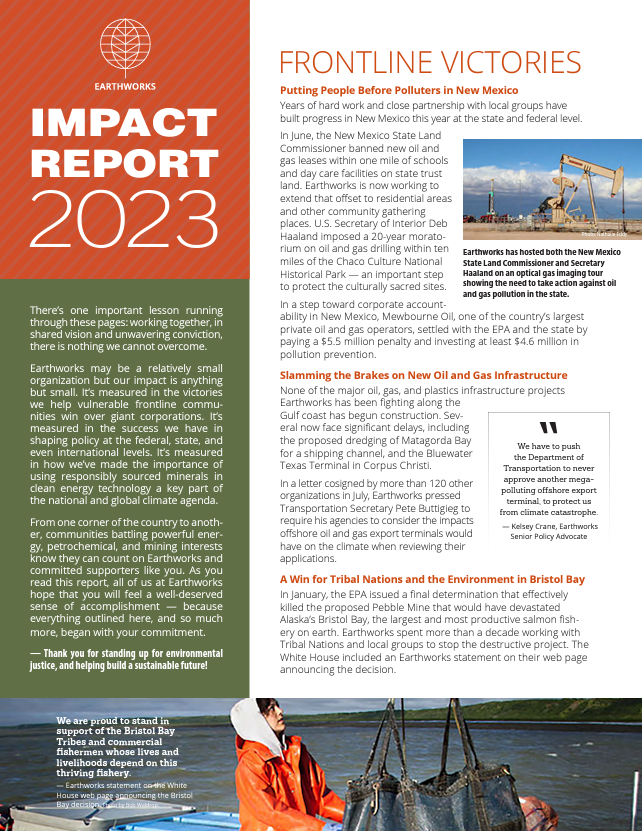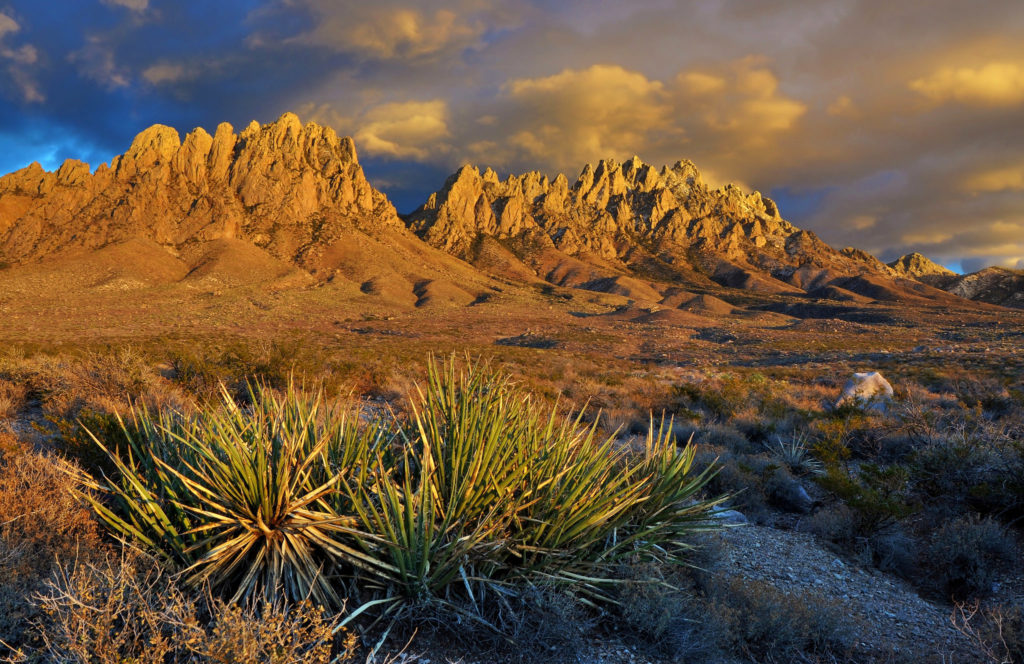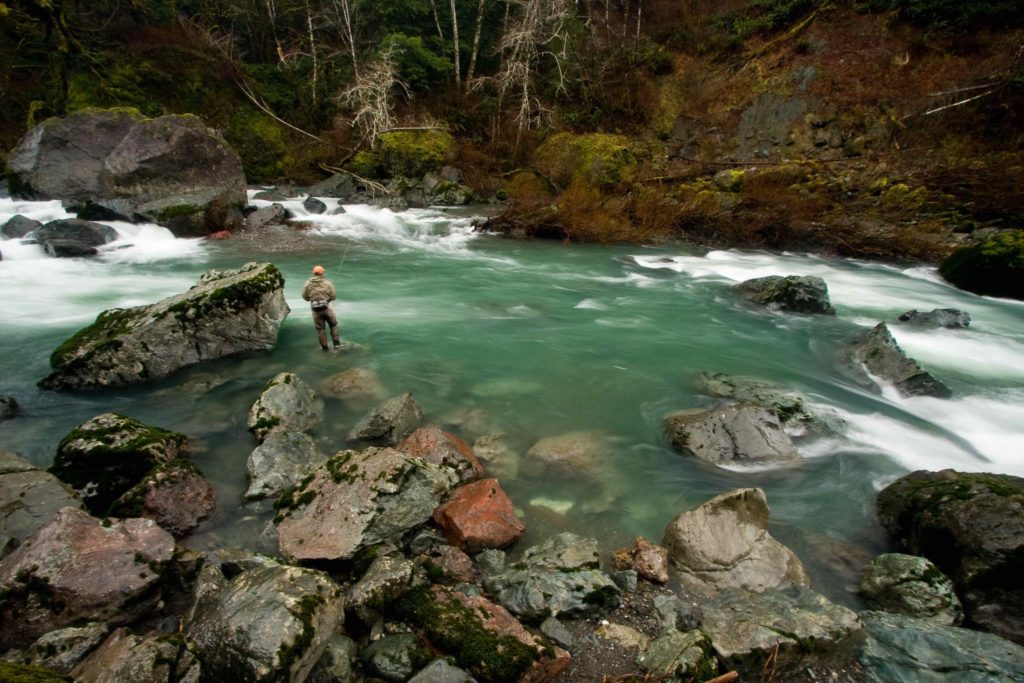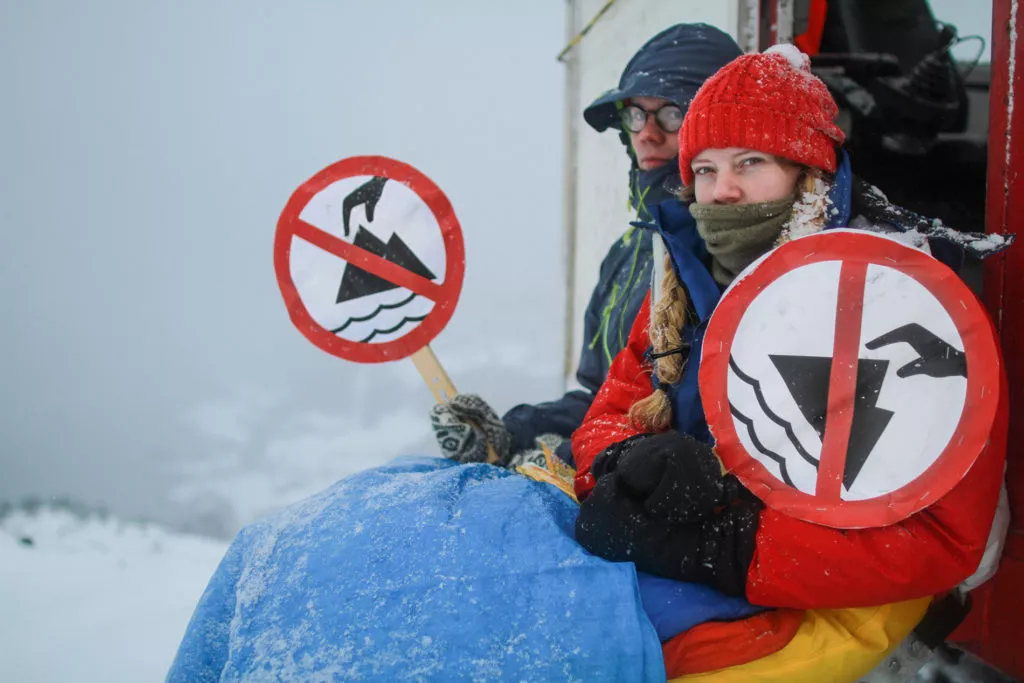Frontline Victories
Putting People Before Polluters in New Mexico
Years of hard work and close partnership with local groups have built progress in New Mexico this year at the state and federal level. In June, the New Mexico State Land Commissioner banned new oil and gas leases within one mile of schools and day care facilities on state trust land. Earthworks is now working to extend that offset to residential areas and other community gathering places.
U.S. Secretary of Interior Deb Haaland imposed a 20-year moratorium on oil and gas drilling within ten miles of the Chaco Culture National Historical Park (pictured below) — an important step to protect the culturally sacred sites.
In a step toward corporate accountability in New Mexico, Mewbourne Oil, one of the country’s largest private oil and gas operators, settled with the EPA and the state by paying a $5.5 million penalty and investing at least $4.6 million in pollution prevention.
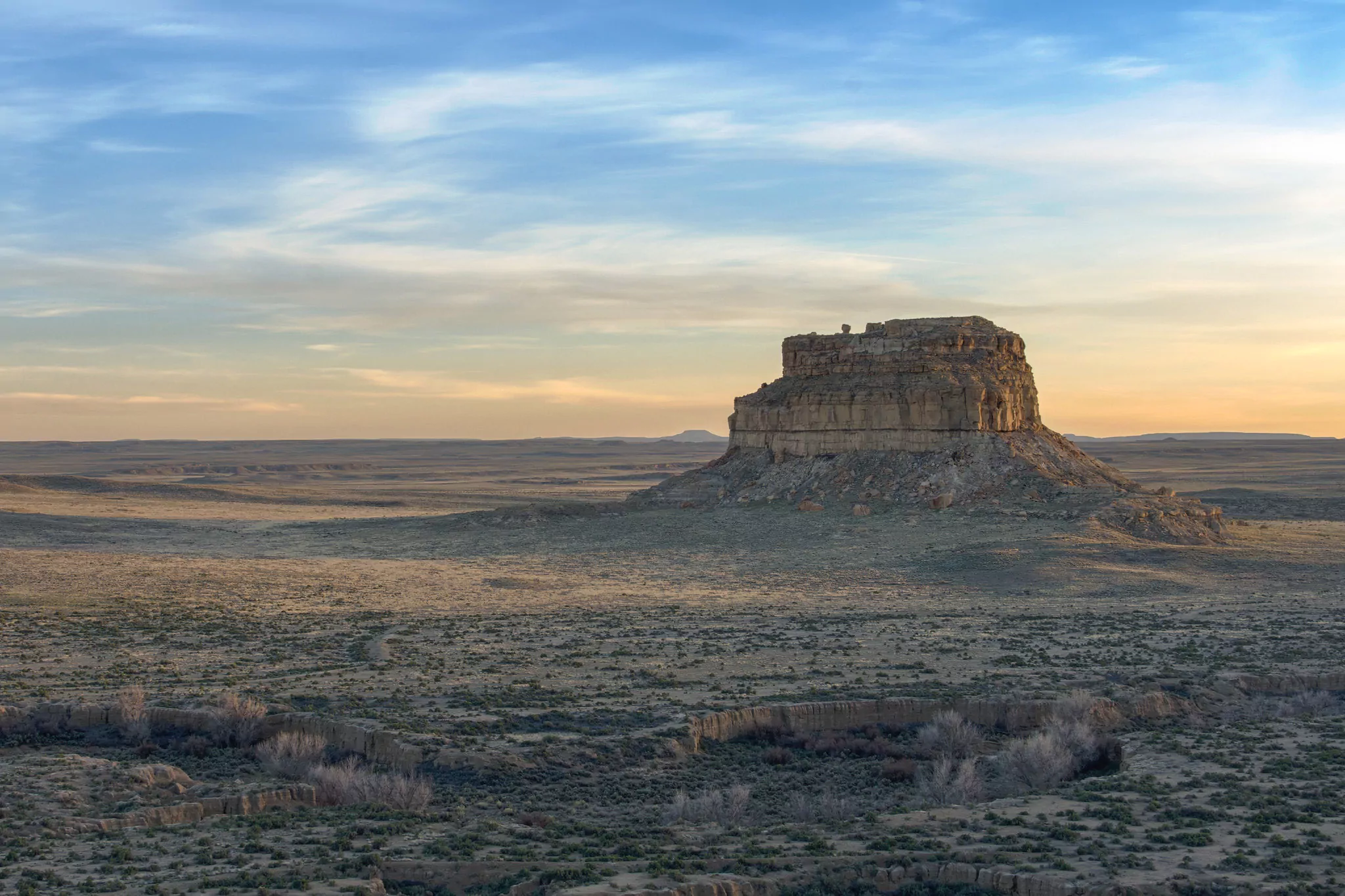
Slamming the Brakes on New Oil and Gas Infrastructure
None of the major oil, gas, and plastics infrastructure projects Earthworks has been fighting along the Gulf coast has begun construction. Several now face significant delays, including the proposed dredging of Matagorda Bay for a shipping channel, and the Bluewater Texas Terminal in Corpus Christi.
In a letter cosigned by more than 120 other organizations in July, Earthworks pressed Transportation Secretary Pete Buttigieg to require his agencies to consider the impacts offshore oil and gas export terminals would have on the climate when reviewing their applications.
A Win for Tribal Nations and the Environment in Bristol Bay
In January, the EPA issued a final determination that effectively killed the proposed Pebble Mine that would have devastated Alaska’s Bristol Bay, the largest and most productive salmon fishery on earth. Earthworks spent more than a decade working with Tribal Nations and local groups to stop the destructive project. The White House included an Earthworks statement on their web page announcing the decision.
Making Sure Clean Energy DOES NOT Mean Dirty Mining
The surging demand for lithium and other minerals used in clean energy products like electric vehicles poses a huge threat to mining communities and local ecosystems. Earthworks is responding on multiple fronts, including pressuring automakers to clean up their supply chain, engaging legislators to improve laws and tax codes, and importantly, supporting frontline families.

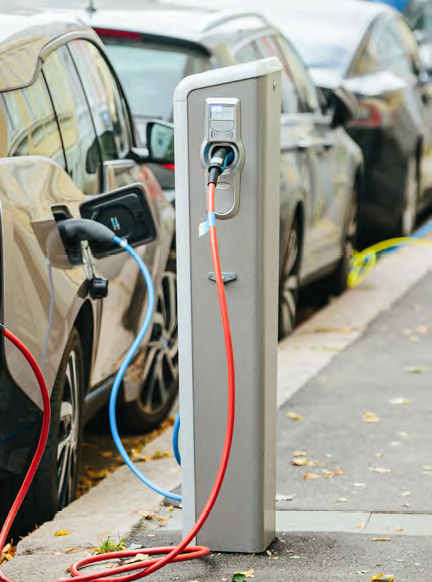
Bringing Accountability to Automakers
As the transition from the internal combustion engine to electric vehicles (EVs) accelerates, Earthworks is securing commitments from automakers to adopt more responsible sourcing for the lithium used in EV batteries.

Tax Credits for Responsibly Sourced EV Batteries
After the Inflation Reduction Act passed last year, Earthworks engaged with the Treasury and State Departments to ensure that recycled and responsibly sourced electric vehicle batteries would qualify for consumer tax credits included in the bill.

Tough New Battery Standards in the European Union
After helping shape regulations the European Union passed last December to impose strict reuse and recycling standards on battery manufacturers, Earthworks has been working with our partners in 2023 to ensure strong implementation.

Linking Arms with Mining Communities
Proposed lithium mining must move forward only with the informed consent and input from mining communities. This is especially important for Tribal communities, since the vast majority of EV mineral reserves are located within 35 miles of Native American reservations. Earthworks is supporting those communities defend their rights as members of the Indigenous-led SIRGE Coalition (Securing Indigenous Peoples Rights in the Green Economy).
We are supporting Tribal communities in Nevada that are fighting the proposed Thacker Pass lithium mine. We also ensured there would be a rigorous environmental review of a poorly understood type of lithium mining proposed for the Salton Sea area in California called direct lithium extraction. After releasing a peer-reviewed report on the potential environmental impacts of this new approach, we are using it to help inform local communities that are planning to participate in the upcoming environmental review process.
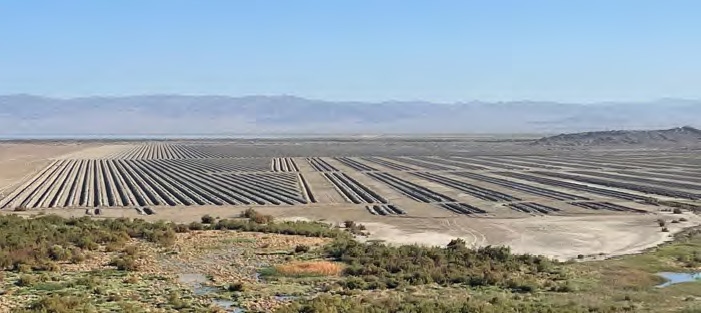

Progress (and Setbacks) on Mining Reform
The skyrocketing demand for lithium and other clean energy minerals comes in the context of the government’s longstanding failure to reform the archaic Mining Law of 1872. This year began with cautious hope that a Biden administration interagency working group would produce a framework for major reform. Earthworks engaged with the administration throughout the process.
While the working group’s recommendations ultimately fell short of what we believe is necessary to protect Indigenous rights and public lands resources, they do include some helpful tools mining communities can use to deny, modify, or delay the worst mining projects. With your support, a major goal in 2024 will be implementing and ultimately strengthening those recommendations.
Optical Gas Imaging Exposes Polluters and Shapes Policy
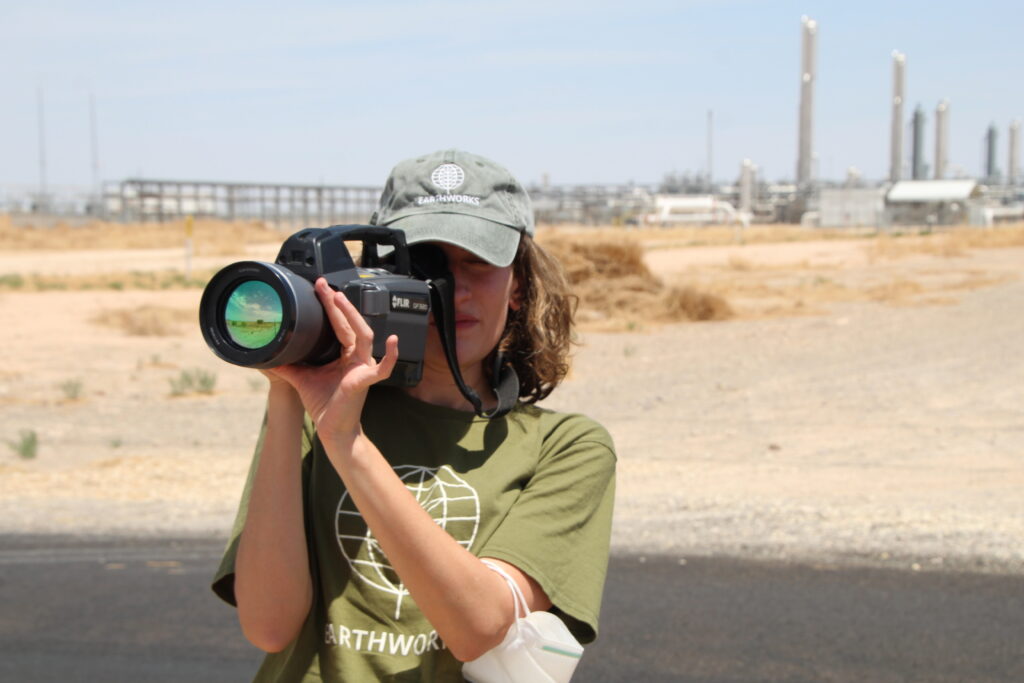
Earthworks’ powerful optical gas imaging (OGI) videos forced accountability on polluters throughout 2023.
“My camera makes the truth unavoidable—gas leaks.” ~ Melissa Ostroff, Earthworks OGI Operator and Pennsylvania Policy and Field Advocate

A Defeat of a New Industry Greenwashing Scheme.
After an Earthworks report and pressure campaign, the Biden administration halted its involvement in “certified gas,” a scheme developed by industry to falsely market methane as a clean fuel and justify the construction of gas export facilities, pipelines, power plants, and gasdependent buildings.
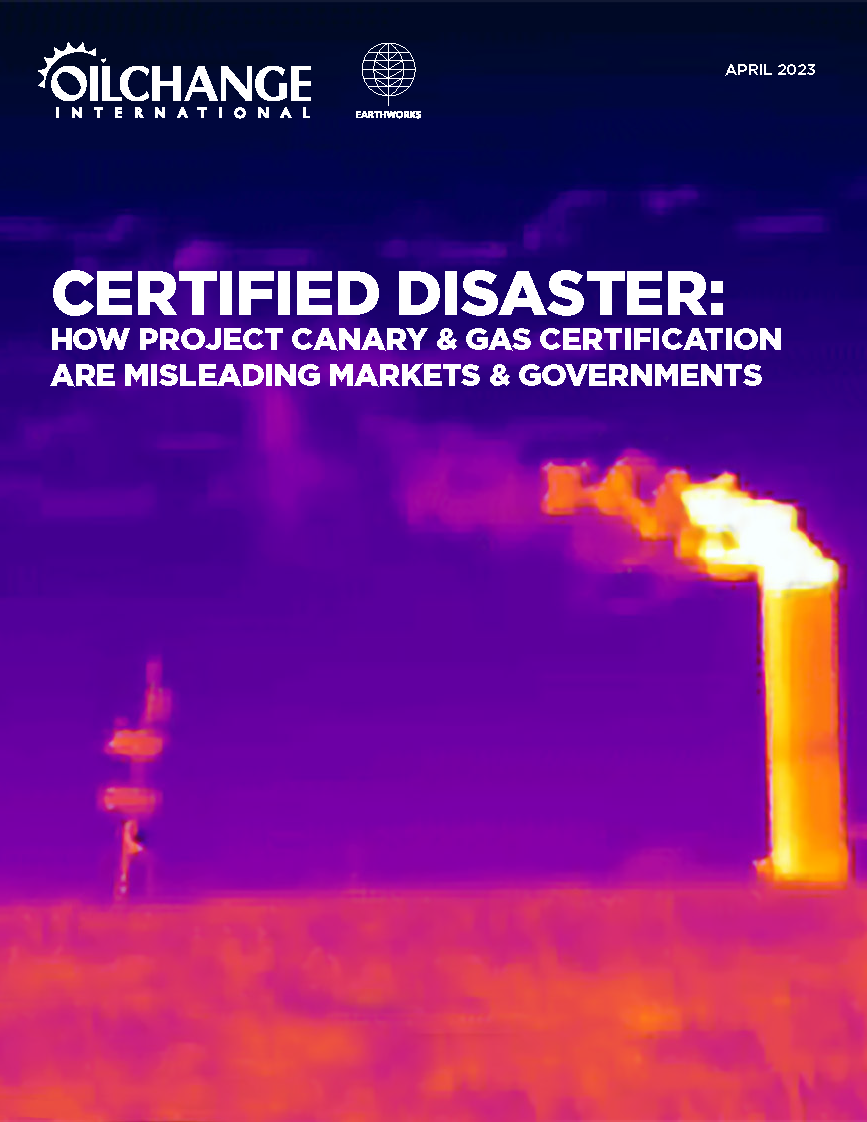
“Certified gas” is nothing more than the latest attempt by polluters to greenwash their industry. To support their claims of being part of the climate “solution,” producers are turning to third- party gas certifiers, private companies hired to measure pollution and verify low emissions.
In a report titled Certified Disaster, Earthworks and Oil Change International used OGI video evidence in Colorado to expose the repeated failures of Project Canary, one of the largest gas certifiers, to accurately assess methane pollution it was supposed to be monitoring.
Our report was the substantive centerpiece of a campaign to pressure the Department of Energy to back away from certified gas as an acceptable tool. The campaign included a website and a letter to the Secretary of Energy that was signed by nearly 150 organizations. In July, the Biden administration withdrew any involvement in certified gas claims.

OGI Captures Pollution at New Shell Ethane Plant in Pennsylvania.
Earthworks used OGI cameras to monitor pollution at a new Shell ethane cracker in Beaver County, Pennsylvania. With our videos showing extensive pollution that contradicted Shell representatives’ repeated claims, we helped organize an active group of local residents to draw attention to the violations.

Optical Gas Imaging Goes International
In 2023, Earthworks successfully piloted OGI field investigations in Mexico, Argentina, Colombia, and Brazil. As in the United States, our investigations gained significant media coverage about the impact of methane and volatile organic compound emissions. Following media coverage of one project in Brazil, the polluting company agreed to invest $140 million to improve air quality.
Your Support Makes Our Work Possible
Earthworks helps families on the front lines of mining, drilling, and fracking. We use sound science to expose health, environmental, economic, social, and cultural impacts of mining and energy extraction. To support our efforts, please consider a tax-deductible donation today that will go toward our work reforming government policies, improving corporate practices, influencing investment decisions, and encouraging responsible materials sourcing and consumption.

